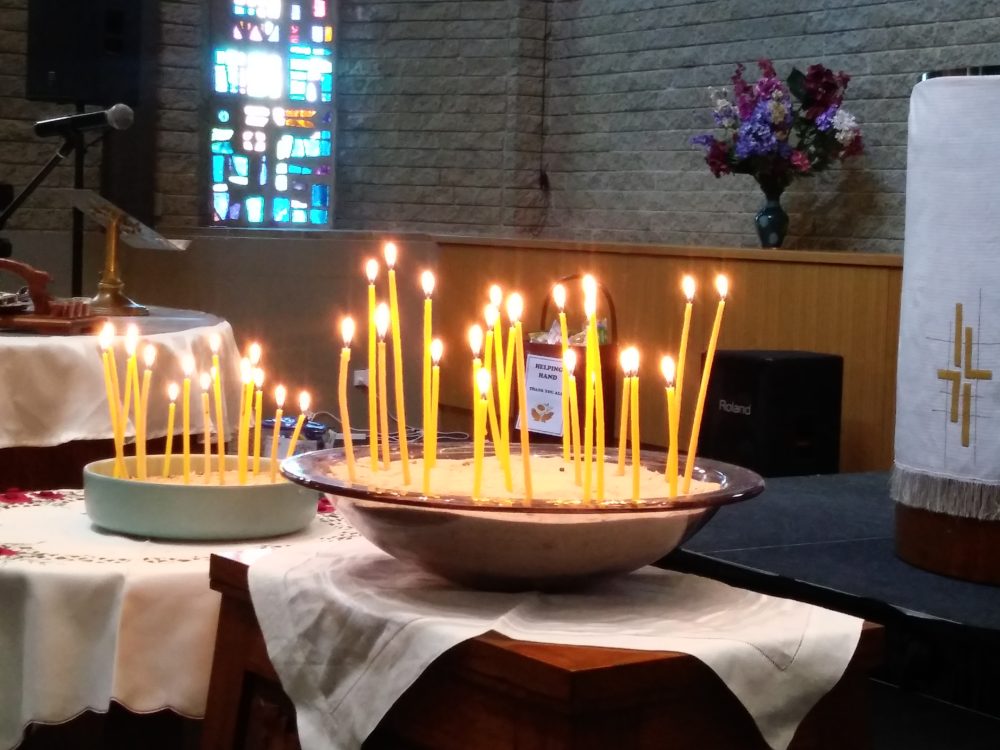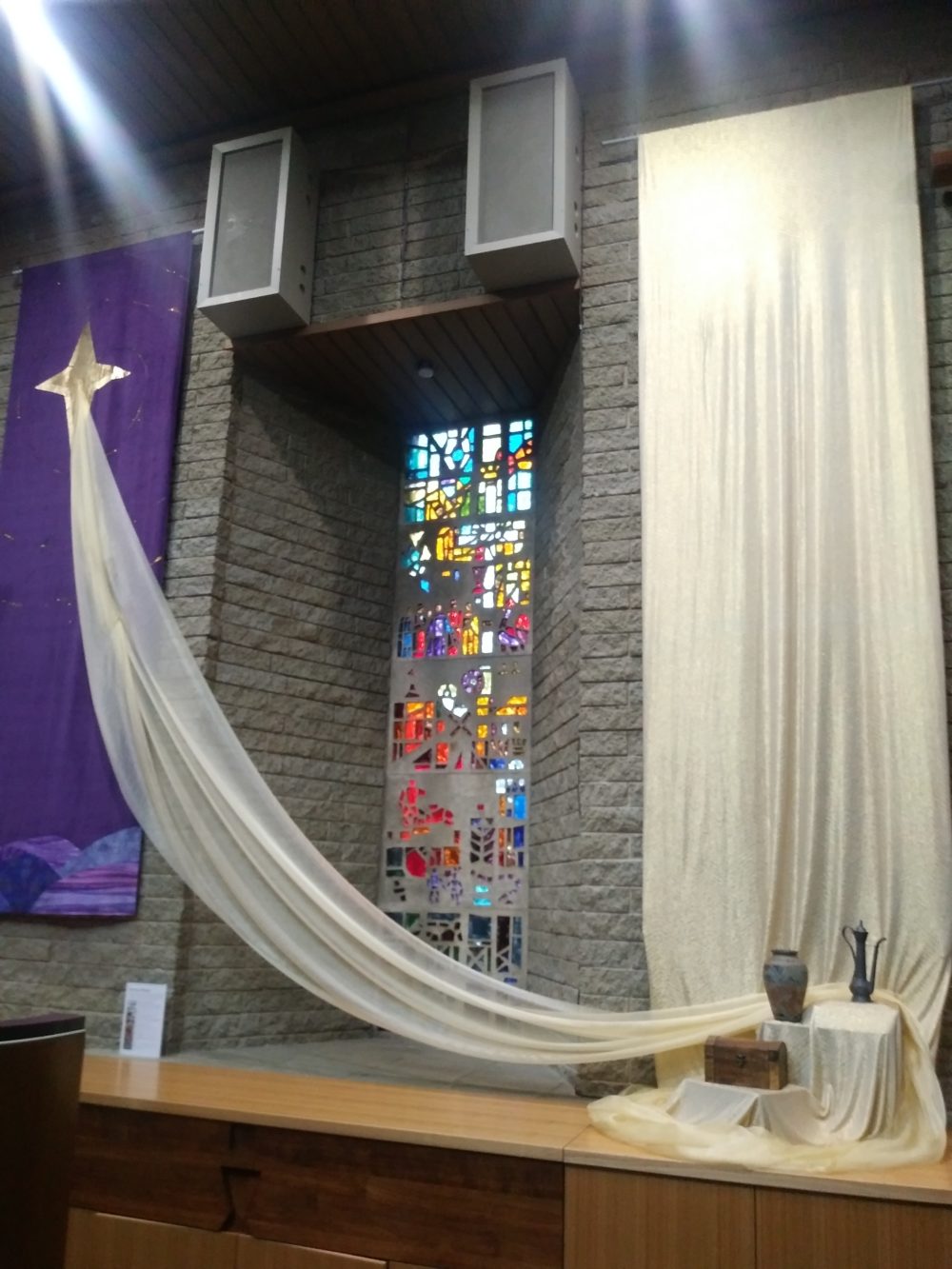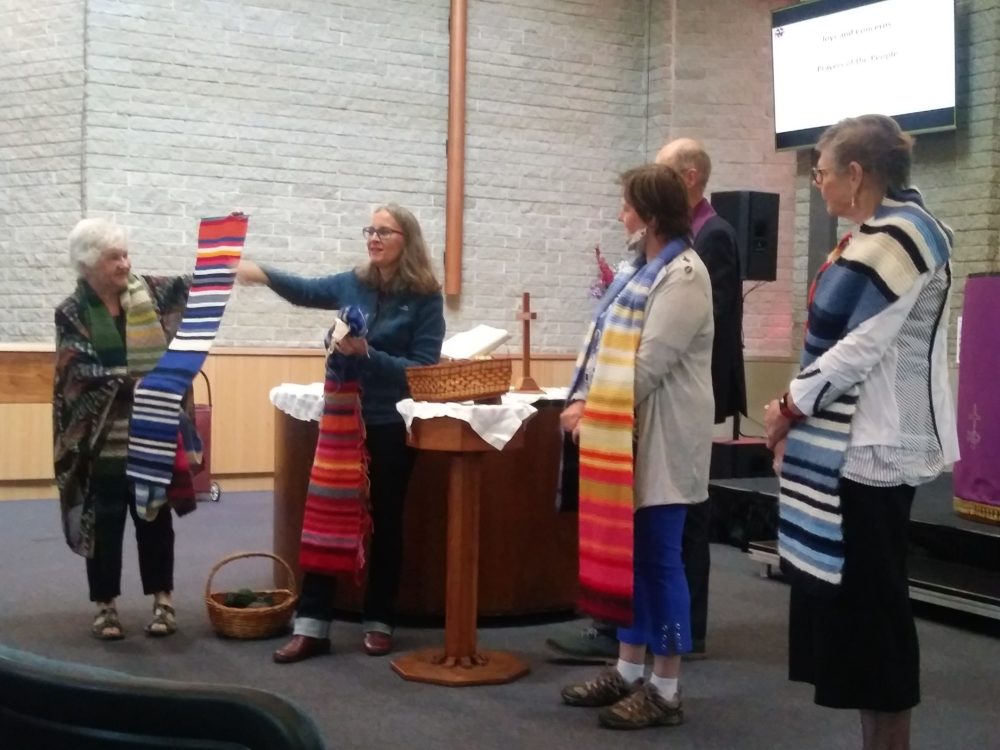Croydon Uniting Church is a community of all ages, called to follow Christ through worship and prayer; fellowship and support; and service to others. Our worship services are held weekly on Sundays at 10am, at our church on the corner of Tallent St and Croydon Rd, Croydon. Invited ordained or lay leaders lead worship on Sundays. Check the rosters page for a list of upcoming worship leaders.
All are welcome at Croydon Uniting Church.

includes Talking About Bible Stories for children
Contact the office for the Zoom link
Get involved at Croydon Uniting…
Micah 6:8 (NIV) He has shown you, O mortal, what is good. And what does the LORD require of you? To…

Monday to Friday
9.30am – 11:45 am
(Closed until Mon 19th Jan 2026)
Emergency food relief at
5A Mount View Street, Croydon. Contact Mrs Dianne Bull,
Helping Hand Co-ordinator
on 9725 1115.

Wednesday and Friday mornings
9:30 -11:30 am
(Playgroup restarts on 4th February 2026)
Activities, play, music and fun together for pre-school children
and their caregivers.
Well-equipped and safe indoor and outdoor play areas available.
Held in school terms only. More information
Catch up on a recent service
Many of our live-streamed services are recorded. Check out the YouTube channel for a recent one.








